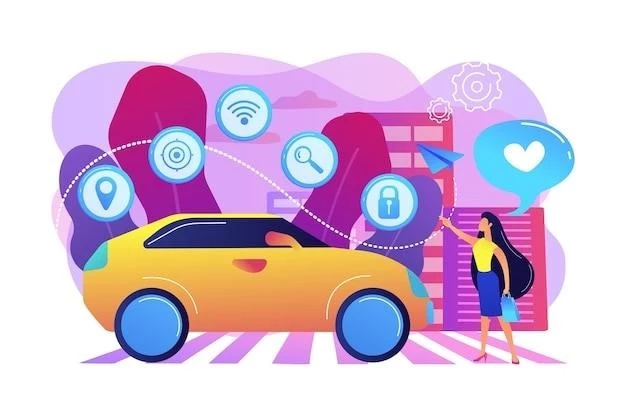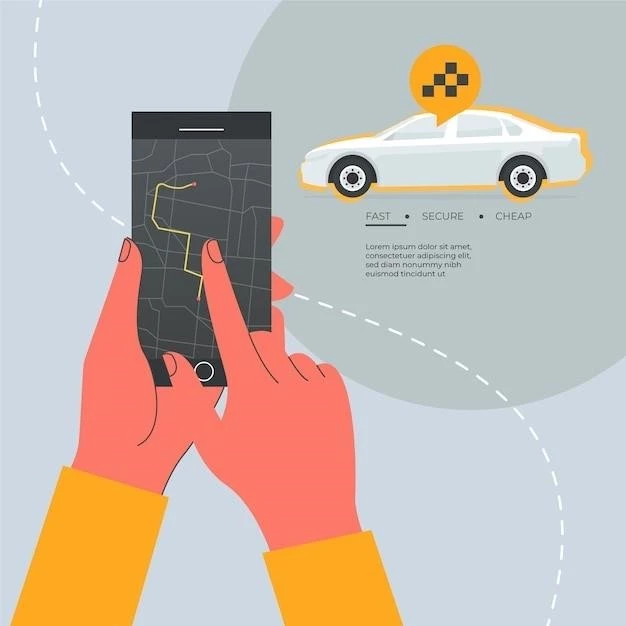The future of transportation is rapidly approaching, with self-driving cars poised to revolutionize the way we travel․ While the promise of increased safety, efficiency, and convenience is undeniable, there are also significant cybersecurity and data privacy concerns that need to be addressed․

Cybersecurity Threats
Self-driving cars are essentially complex computers on wheels, making them vulnerable to cyberattacks․ Hackers could potentially gain control of a vehicle’s steering, acceleration, braking, or even its communication systems․ Imagine a scenario where a malicious actor could remotely disable a car’s brakes, leading to a catastrophic accident․ The consequences of such an attack could be devastating․
I recently attended a cybersecurity conference where experts discussed the vulnerabilities of self-driving car systems․ One of the key takeaways was the importance of secure software development practices․ Hackers often exploit vulnerabilities in software code, so it’s crucial to implement rigorous security measures throughout the development lifecycle․ This includes conducting regular security audits, using secure coding practices, and employing encryption to protect sensitive data․
Data Privacy Concerns
Self-driving cars collect vast amounts of data about their surroundings, including driver behavior, location, and even personal information like phone numbers and email addresses․ This data could be valuable to hackers, who could use it for identity theft, targeted advertising, or even blackmail․
Imagine this: a self-driving car is constantly recording your driving habits, including your speed, braking patterns, and even where you go․ This data could be used to create a detailed profile of your driving behavior, which could be used for insurance purposes, targeted advertising, or even to track your movements․ It’s essential to ensure that this data is collected, stored, and used responsibly․

Protecting Ourselves
While the threats are real, there are steps we can take to mitigate the risks․ Here are some key considerations:
- Secure software development practices: The automotive industry needs to prioritize secure software development practices, including regular security audits, secure coding practices, and encryption․
- Data encryption: Encryption can protect sensitive data from unauthorized access, even if a hacker gains access to the vehicle’s systems․
- Data anonymization: Data anonymization techniques can be used to remove personally identifiable information from data sets, reducing the risk of privacy breaches․
- Regulation and oversight: Governments and regulatory bodies need to establish clear guidelines and regulations for cybersecurity and data privacy in the self-driving car industry․
- Consumer education: Consumers need to be educated about the cybersecurity and data privacy risks associated with self-driving cars, and how to protect themselves․
The Future of Self-Driving Cars
The future of self-driving cars is bright, but it’s crucial to address the cybersecurity and data privacy concerns․ By implementing robust security measures and establishing clear regulations, we can ensure that self-driving cars are safe, secure, and respect our privacy․
As a society, we need to embrace innovation while remaining vigilant about potential risks․ By working together, we can build a future where self-driving cars are a safe and beneficial part of our lives․










